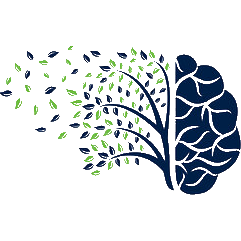Nicotine dependence occurs when you need nicotine and can't stop using it. Nicotine is the chemical in tobacco that makes it hard to quit. Nicotine produces pleasing effects in your brain, but these effects are temporary. So you reach for another cigarette.
The more you smoke, the more nicotine you need to feel good. When you try to stop, you experience unpleasant mental and physical changes. These are symptoms of nicotine withdrawal.
Regardless of how long you've smoked, stopping can improve your health. It isn't easy but you can break your dependence on nicotine. Many effective treatments are available. Ask your doctor for help.
Symptoms
For some people, using any amount of tobacco can quickly lead to nicotine dependence. Signs that you may be addicted include:
You can't stop smoking. You've made one or more serious, but unsuccessful, attempts to stop.
You have withdrawal symptoms when you try to stop. Your attempts at stopping have caused physical and mood-related symptoms, such as strong cravings, anxiety, irritability, restlessness, difficulty concentrating, depressed mood, frustration, anger, increased hunger, insomnia, constipation or diarrhea.
You keep smoking despite health problems. Even though you've developed health problems with your lungs or your heart, you haven't been able to stop.
You give up social activities. You may stop going to smoke-free restaurants or stop socializing with family or friends because you can't smoke in these situations.
When to see a doctor
You're not alone if you've tried to stop smoking but haven't been able to stop for good. Most smokers make many attempts to stop smoking before they achieve stable, long-term abstinence from smoking.
You're more likely to stop for good if you follow a treatment plan that addresses both the physical and the behavioral aspects of nicotine dependence. Using medications and working with a counselor specially trained to help people stop smoking (a tobacco treatment specialist) will significantly boost your chances of success.
Ask your health care team to help you develop a treatment plan that works for you or to advise you on where to get help to stop smoking.
